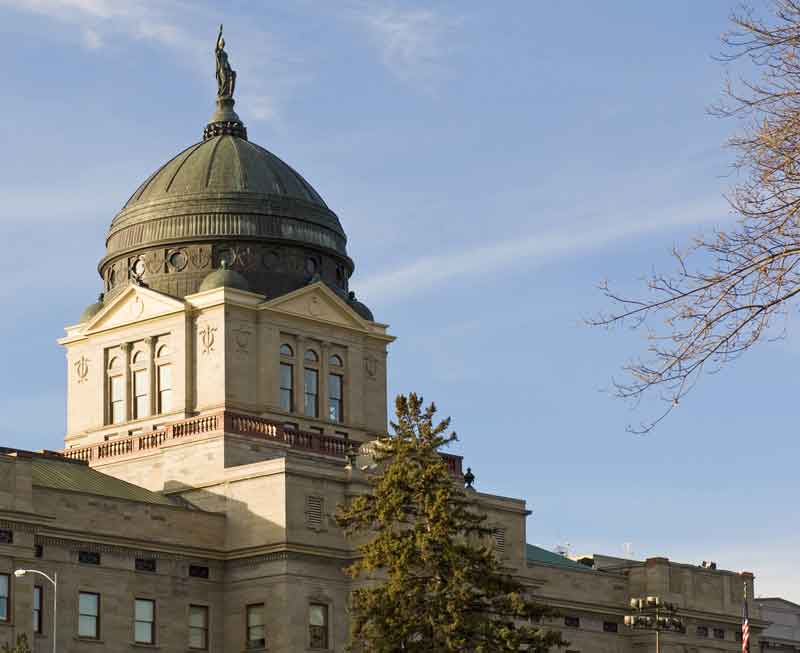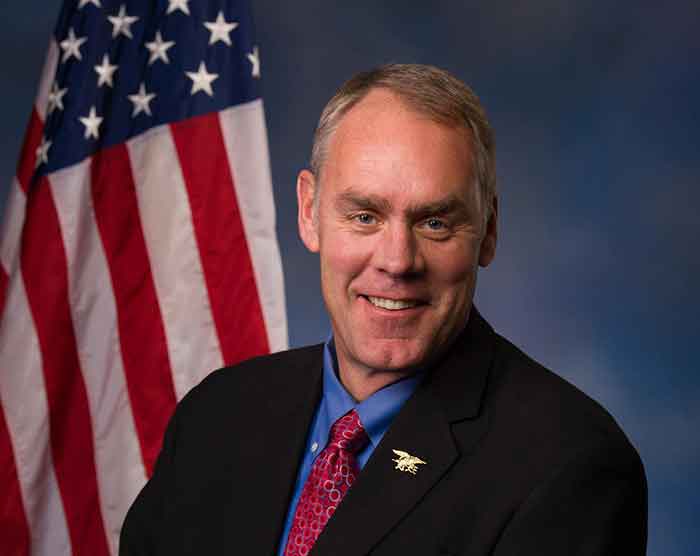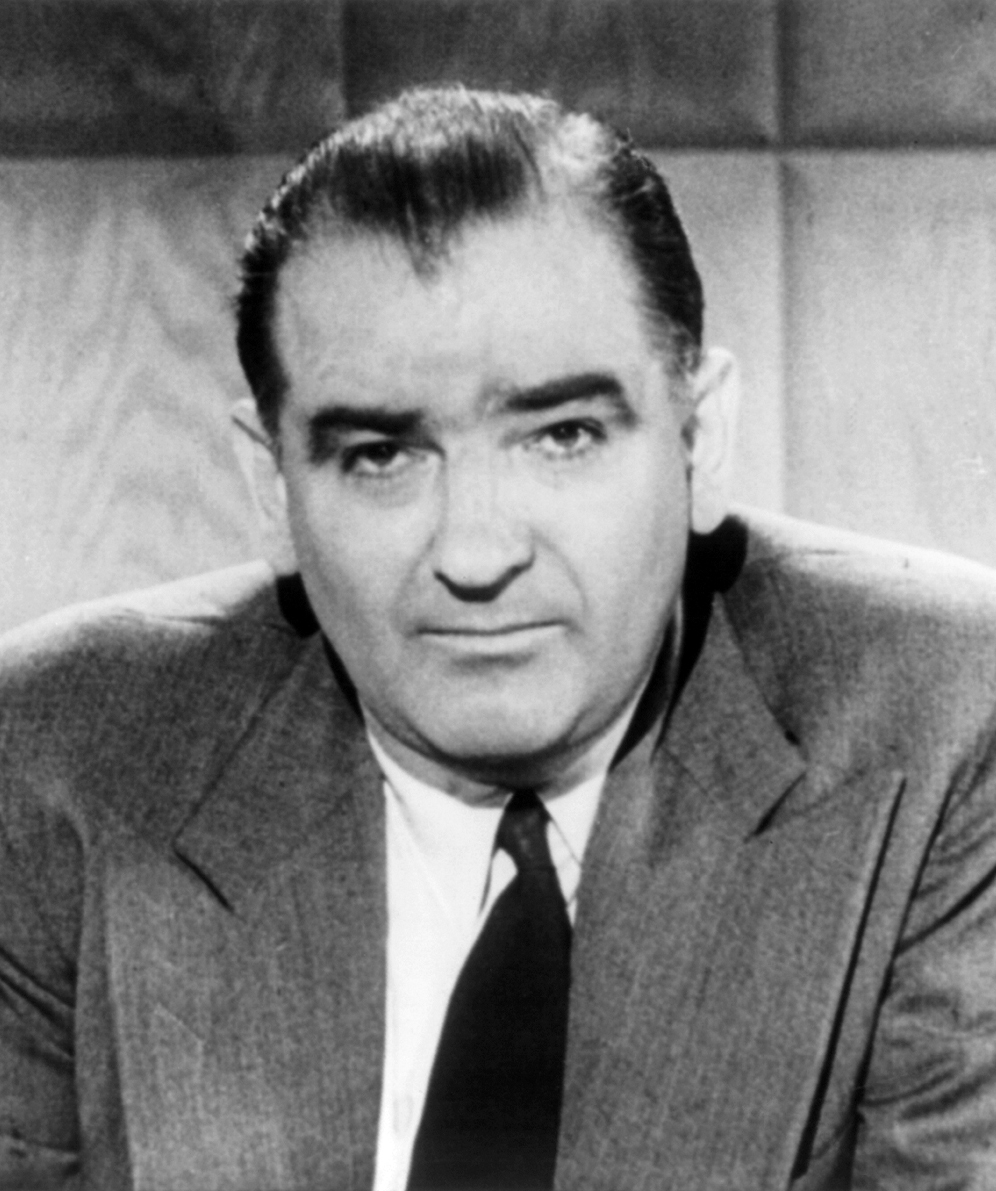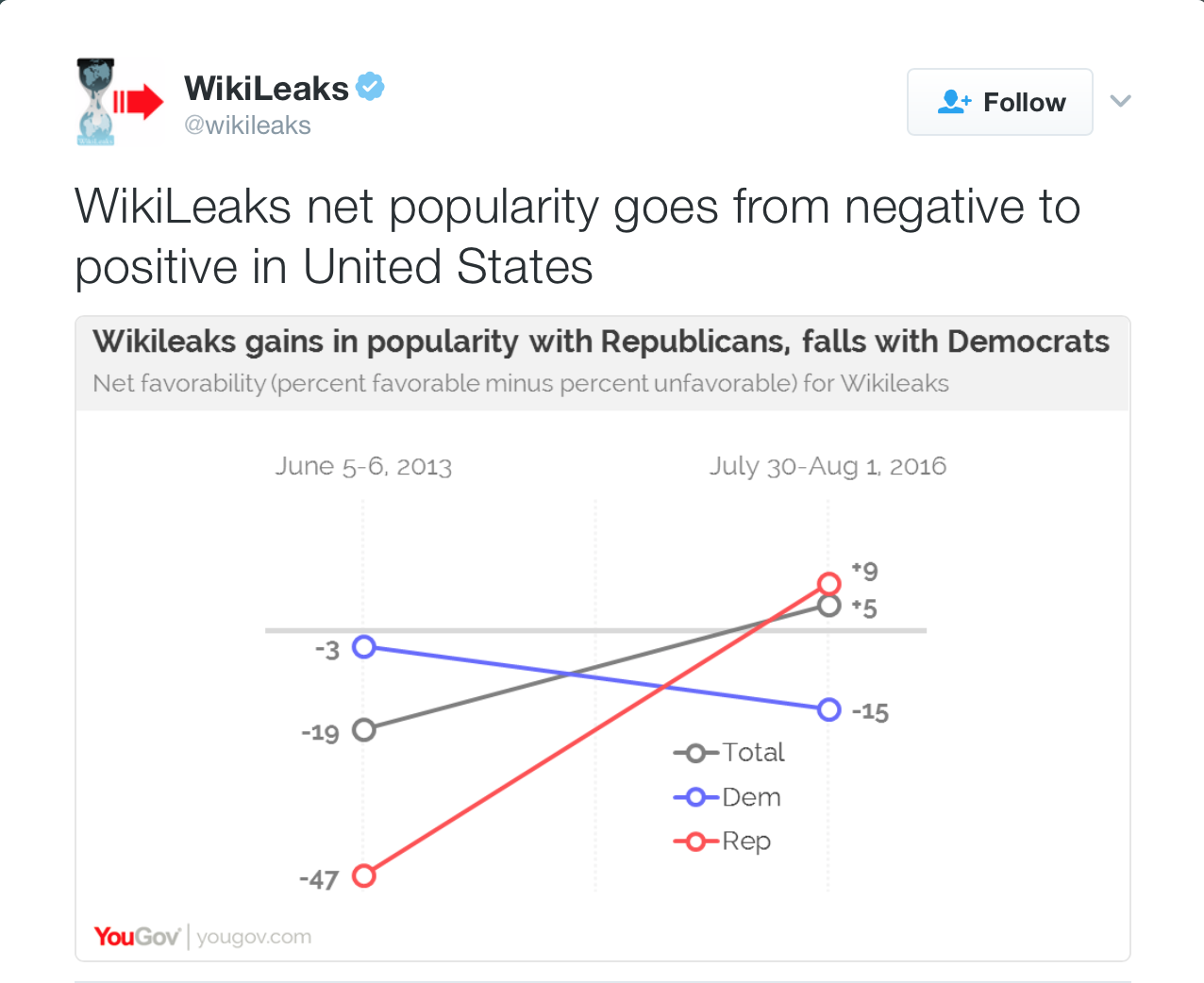Guest Opinion: Rise Above Partisanship, Legislators
The Montana Legislature meets for ninety days every two years. Please, oh please, Representative Dude and Senator Dudette, don’t make us wish it was two days every ninety years.
Be civil. Be sensible. Don’t put your party or your own political ambitions above doing what’s right.
The efficacy of your work won’t be judged by the number of bills you pass, your ideological purity, or your good intentions. Your work this session will be judged by the real impact it has on the prosperity, liberty and opportunities preserved for your constituents.
For example, it was reported that Senate President Scott Sales, Republican from Bozeman, said recently at the Montana Chamber breakfast that he would probably not vote for any infrastructure bill. I hope that any Republican who thinks that way would reconsider.
While government wasteful spending is bad, bad, bad, common sense says – no, screams – that building and repairing public infrastructure is exactly the kind of spending state and local governments should be focusing on. As long as the goal is to promote the common good and not to create more bureaucracy and make-work for favored constituencies, well planned and carefully prioritized infrastructure is exactly what our state needs.
We sorely need to create an economic climate in Montana that attracts and retains more and higher paying private sector jobs. Roads, bridges, water projects and high speed internet, etc., are essential to that end. So lets not play, “Mirror, mirror on the wall, who’s the ideologically purest of them all?” on either side of the aisle.
By the way, and here I digress a bit, Senator Sales is one of the GOP contestants in the “Who Wants To Replace Ryan Zinke?” show. A couple of others who have thrown in their Montana cowboy hats are Great Falls’ own, Republican Senator Ed Buttrey and Democrat Casey Schreiner.
Former GOP gubernatorial candidate Greg Gianforte, Public Service Commission Vice Chair (and Great Falls High School grad) Travis Kavulla, newly elected State Auditor Matt Rosendale and Democrat Rep. Amanda Curtis are a few other names rumored to be possible entries in the Congressional race.
The state Central Committees from each party will entertain their respective list of interested candidates and select one to go on to a special election sometime in the very near future. Wouldn’t it be cool if we had a U.S. Congressperson from Great Falls? Yes, Rick, it would be way cool.
Anyway, back to our Montana legislative session. Congratulations and good luck to all of those who are sacrificing to go to Helena and serve as citizen legislators. We need you all to behave with honesty, integrity and goodwill. We love our Treasure State and we don’t want to be in the economic doldrums anymore. We have yuuuuuuuge potential here and we are trusting y’all to get ‘er done in the next 90 days.
In conclusion, all of you hardworking Montana Reps and Sens shouldn’t think of yourselves as Democrats or Republicans. Instead, think of yourselves as employees under the watchful eye of your boss. Because that is exactly what you are. Now get to work.








